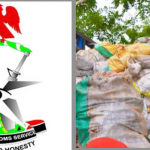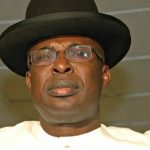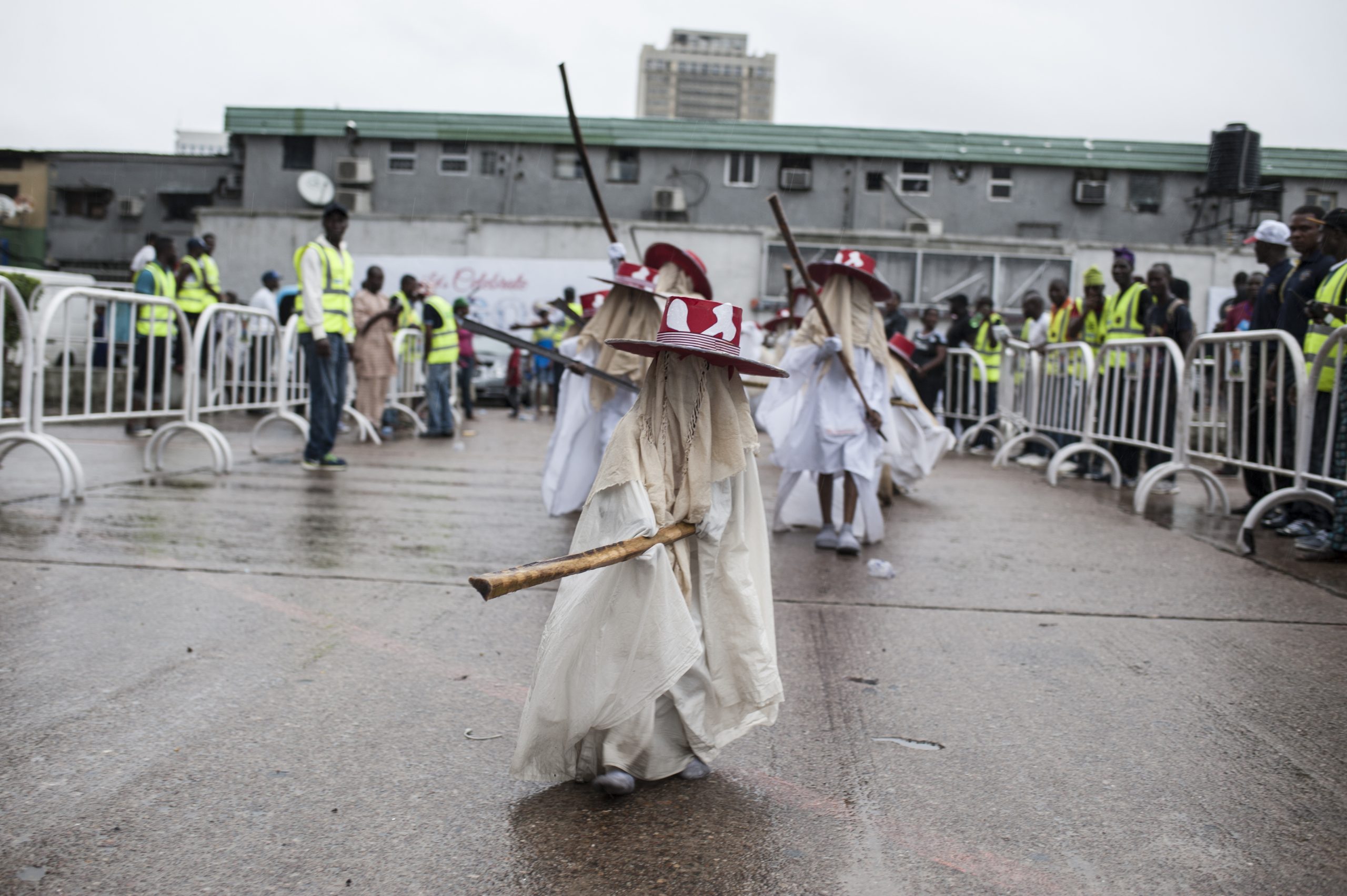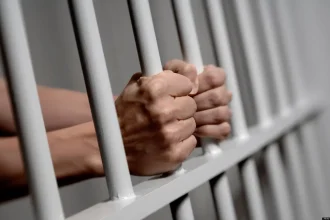Agency Report
Abdalla Hamdok, prime minister of Sudan’s fragile transition to civilian rule, who was ousted and detained in an October coup before his reinstatement, has resigned Sunday in a new blow to the turbulent African nation.
After weeks of house arrest, during which Sudan was rocked by mass protests, he officially returned to government under a deal signed with military leader General Abdel Fattah al-Burhan in a televised ceremony on November 21.
However pro-democracy protest organisers rejected the deal and in the ensuing weeks tens of thousands have taken to the streets to protest against Hamdok’s ineffective and hamstrung government hampered by the military’s tight grip.
In the face of the rising violence — at least 57 protesters have been killed since the coup and hundreds more wounded according to medics — and accusations of “treachery”, Hamdok decided to step down.
“I have tried my best to stop the country from sliding towards disaster,” he told the nation in a televised speech on Sunday hours after the latest anti-military rally in Khartoum.
He cited “the fragmentation of the political forces and conflicts between the (military and civilian) components of the transition” and said that “despite everything that has been done to reach a consensus… it has not happened.”
Sudan “is crossing a dangerous turning point that threatens its whole survival”, he warned.
Hours earlier thousands flooded the streets of Khartoum and its twin city Omdurman, braving a heavy troop deployment, chanting “power to the people” and demanding the military return to their barracks.











